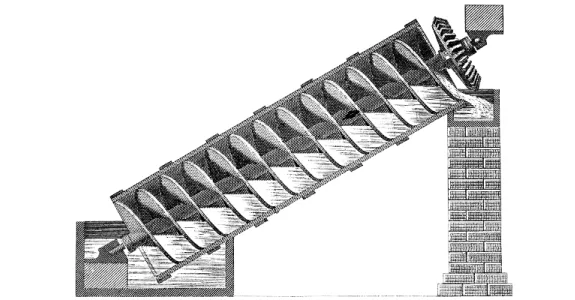
Dr. Benjamin Lev's research focuses on exploring the organizing principles of quantum matter through the development of techniques at the interface of ultracold atomic physics, quantum optics, and condensed matter physics. Dr. Lev's major achievements and current projects include:
- Production and study of the first quantum gases of the most magnetic element, dysprosium
- Study of quantum neural networks
- Creation of a dipolar quantum Newton's cradle for investigating quantum thermalization
- Development of the novel SQCRAMscope, a Scanning Quantum CRyogenic Atom Microscope for imaging transport in strongly correlated and topological materials.
- Development of the theory of and experiments with multimode cavity quantum electrodynamical systems.
The Lev Lab explores uncharted regimes of quantum matter by pushing the experimental state-of-the-art in ultracold atomic physics, quantum optics, and condensed matter physics. At a billionth of a degree above absolute zero, laser-cooled and trapped gases of neutral atoms are among the coldest objects in the universe. They employ these quantum gases as versatile testbeds for exploring the organizing principles of novel quantum matter.
The aims of their three projects are to:
- Better our understanding of quantum nonequilibrium physics by creating 1D quantum gases of dysprosium, the most magnetic element;
- Create quantum spin glasses using atoms and photons and use them to build quantum neural networks for developing novel quantum-advantaged computational devices;
- Use our newly invented SQCRAMscope scanning probe microscope to directly image electron transport in quantum materials using the quantum gas as an exceptionally sensitive magnetic field detector.

